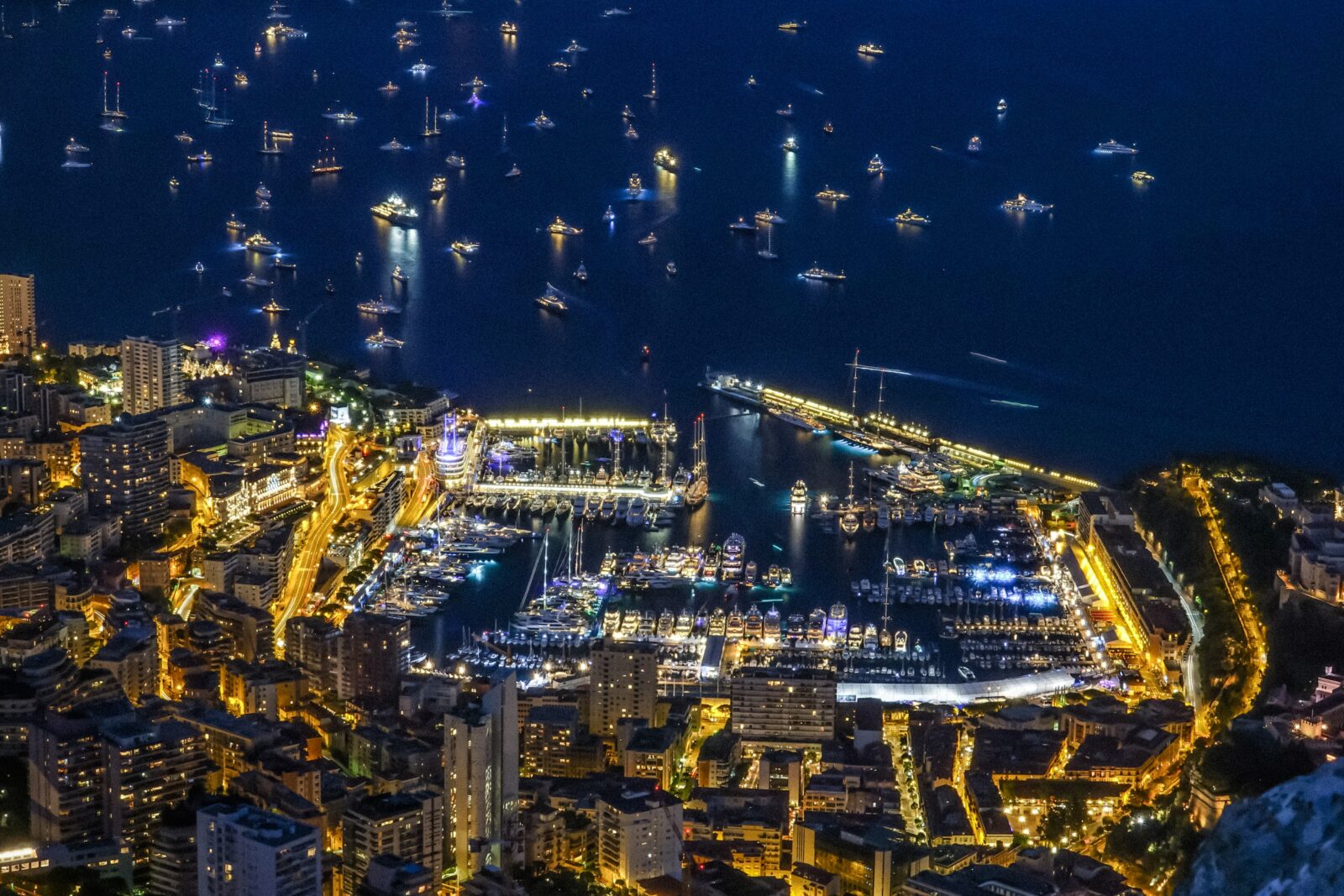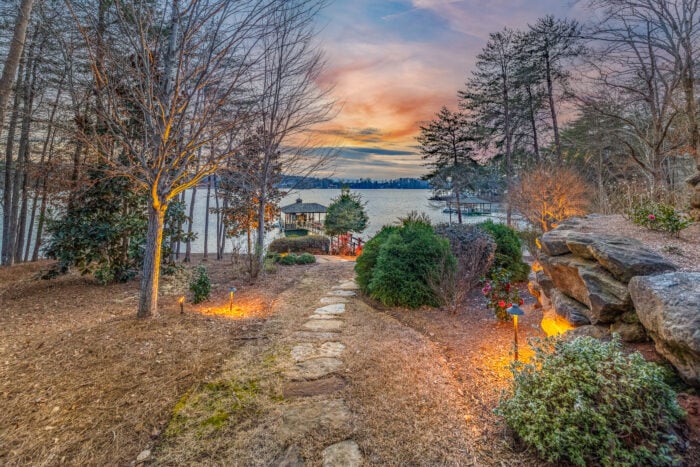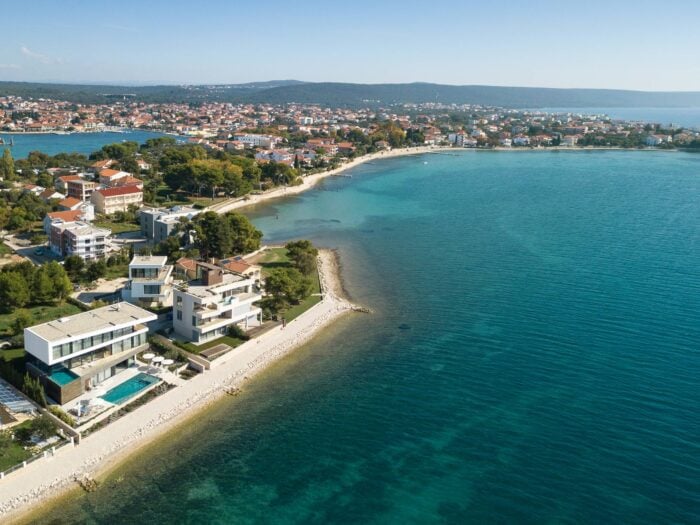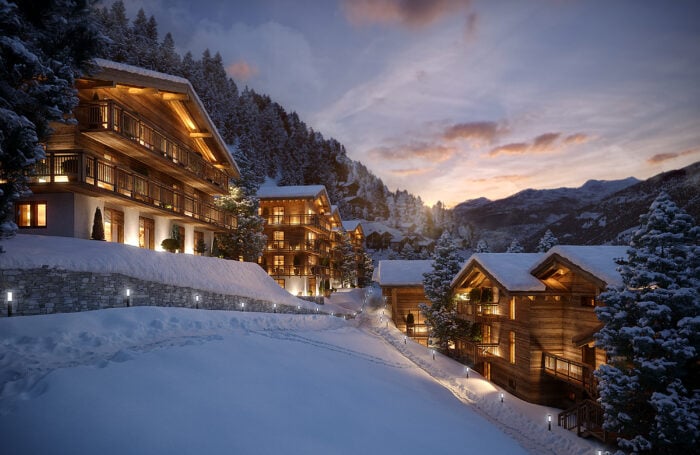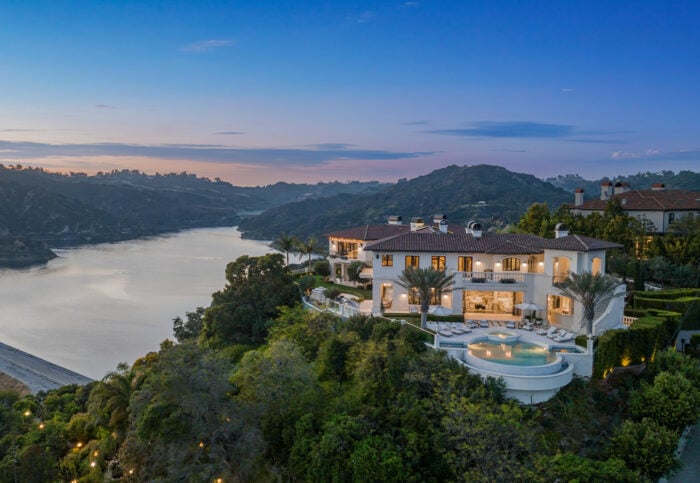When is a good time to invest in Monaco’s luxury property market? Based on recent statistics, you might save money when you buy resale properties in 2022.
An annual report from the Monégasque Institute of Statistics and Economic Studies (Monaco Statistics) highlighted lower average real estate prices.
Since 2011, average per-square-meter prices for resale properties in Monaco remained above EUR 29,000.
Monaco Statistics recorded the peak price at EUR 48,15 per square meter in 2018. It dropped to EUR 47,619 per square meter in 2020.
Despite lower prices, Monaco still landed among the world’s most expensive real estate markets. Here’s a short guide to help you with buying a resale property.
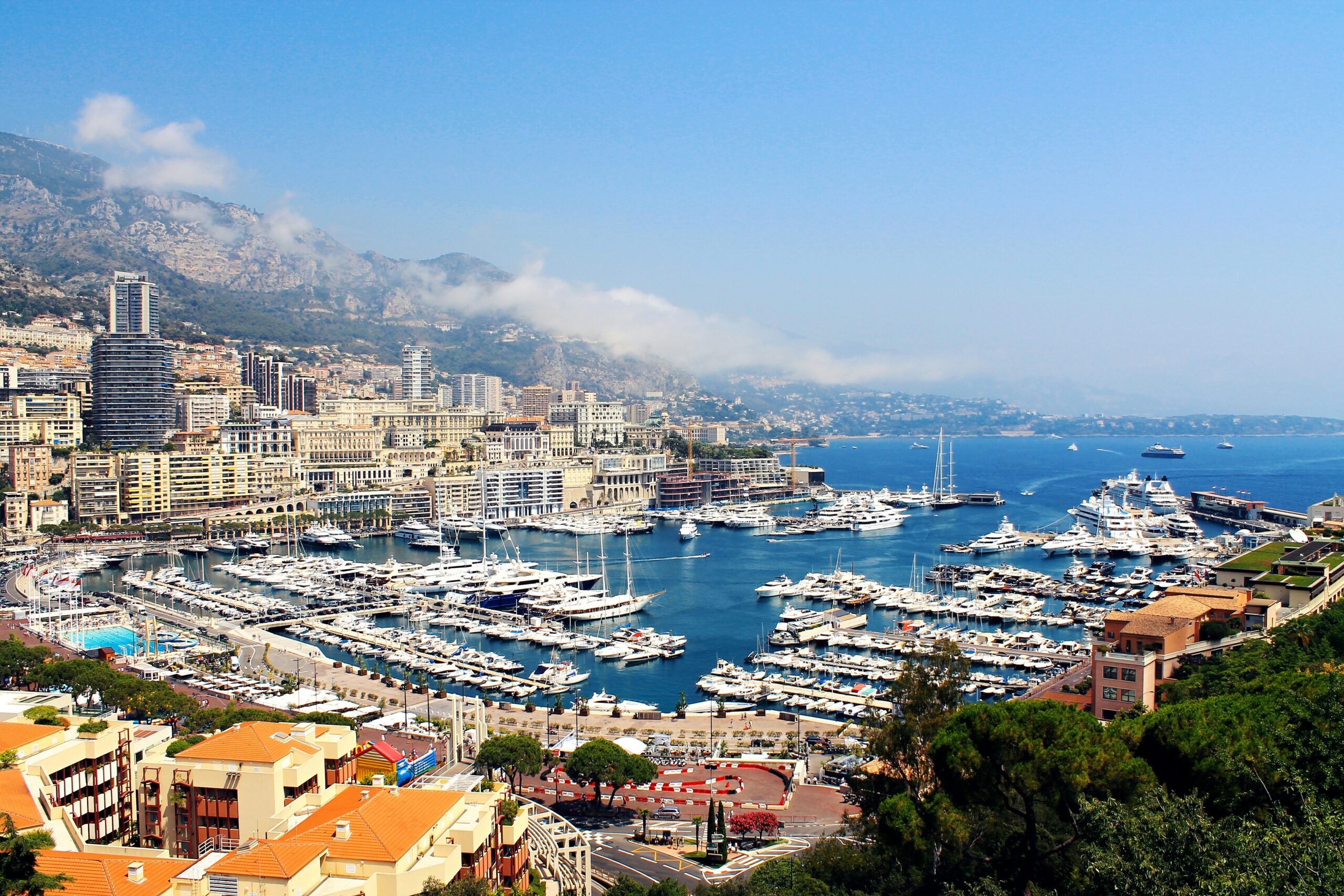
The legal way of buying prime properties in Monaco starts with a formal offer.
Before A Luxury Home Purchase
The first step for a luxury property investment in Monaco requires the expertise of a brokerage firm. Some brokers offer cross-country investment services.
For example, Inmobiliaria Rimontgo caters to clients in Portugal and Spain. You can find a list of other qualified brokers here.
The legal way of buying prime properties in Monaco starts with a formal offer. Your broker can extend a written offer to express your interest in a target property. In general, an offer states the following terms:
- Contingency terms
- Proposed purchase price
- Validity period
- Timeline of the transaction
An example of a contingency clause involves your purchase of the seller’s property, only after completing the sale of your existing property.
Some prime property buyers in Monaco provide sellers with up to five days to accept the offer. The timeline of the transaction varies for each buyer, but it could be helpful to disclose how long it would take you to close the deal.
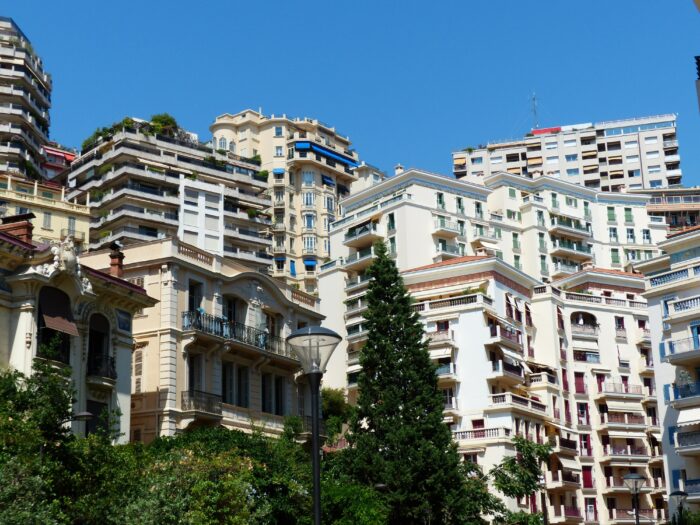
Some prime property buyers in Monaco provide sellers with up to five days to accept the offer.
During A Luxury Home Purchase
You would need a Monégasque notary after the seller accepts the formal, written offer. It isn’t necessary for both parties to have the same notary, but others do it for transparency.
Your chosen notary would then draft an initial contract, which is sometimes called compromis de vente (sales agreement) or promesse de vente (agreement to sell).
Both parties need to sign the initial contract. Upon signing it, be ready to pay at least 10% of the purchase price as a deposit.
It’s advisable for the notary to keep the deposit in an escrow account. You can use the amount to reduce the payable sale price upon completing the purchase.
The notary would conduct due diligence after you sign the initial contract and pay the deposit. The research work includes:
- Browsing the Monaco Land Registry to verify legal ownership
- Conducting a property background check (e.g. encumbrances)
- Reviewing regulatory policies that apply or may apply to the property
You should settle all expenses with the notary, including the remaining purchase price, after the completed due diligence. The ancillary expenses for buying resale properties include:
- Brokerage commission (3% of purchase price)
- Notary fees (1.5% of purchase price)
- Registration duty (4.5% of purchase price)
If both parties agree to move forward, the notary would draft a title deed with the required signatures. You can either sign the title deed at the notary’s office or delegate the task through a power of attorney.
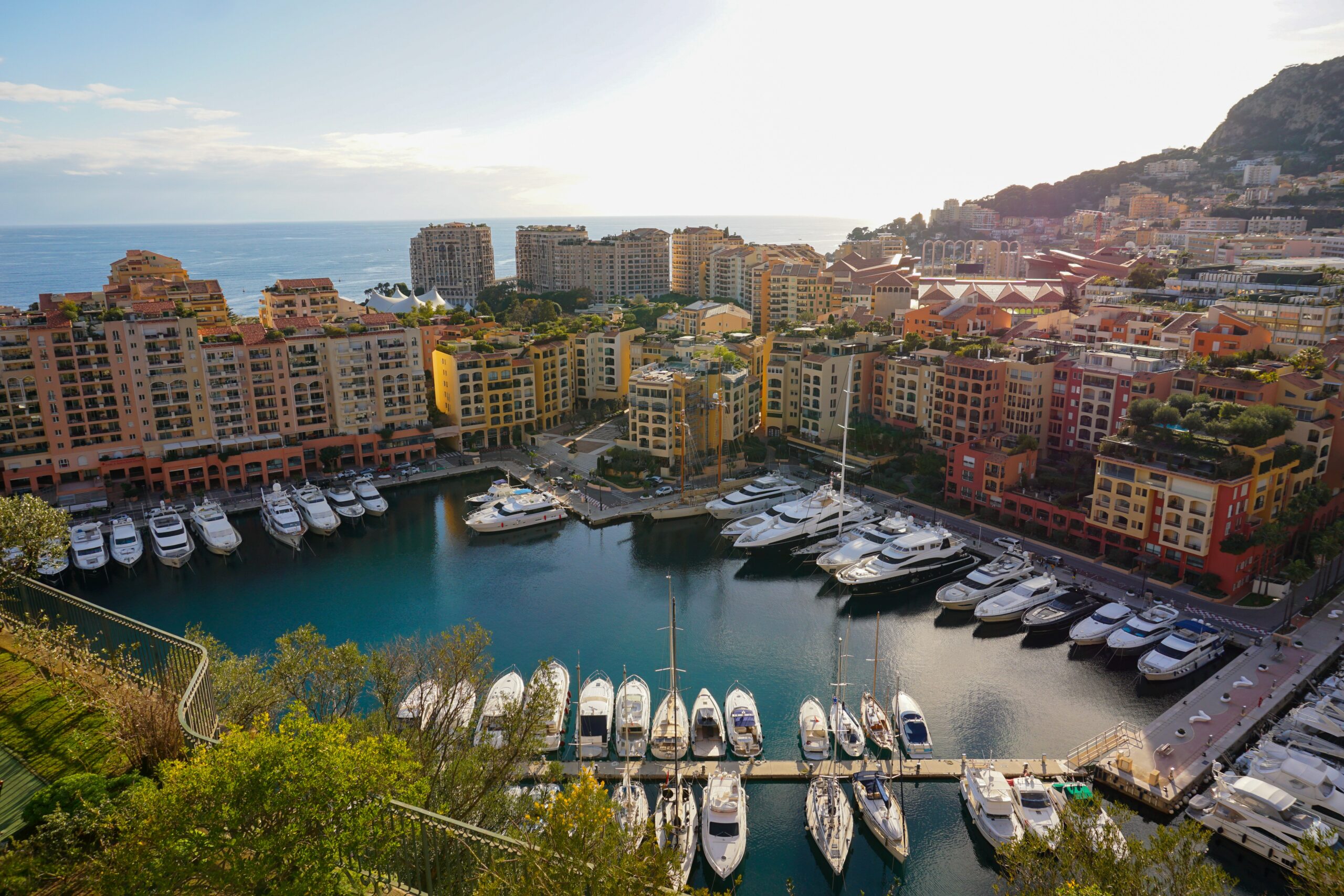
The notary checks the Monaco Land Registry again to verify the land title’s transfer into your name, following your signature of the title deed.
After A Luxury Home Purchase
The notary checks the Monaco Land Registry again to verify the land title’s transfer into your name, following your signature of the title deed.
You should get the attestation de vente (certificate of sale) during the period between signing the title deed and land registration.
The certificate proves your ownership of the property while the notary completes the registration process.
Many luxury property investors acquire resale properties in Monaco because they won’t need to pay capital gains or income taxes. For this reason, they could maximize a future sale of the property.
